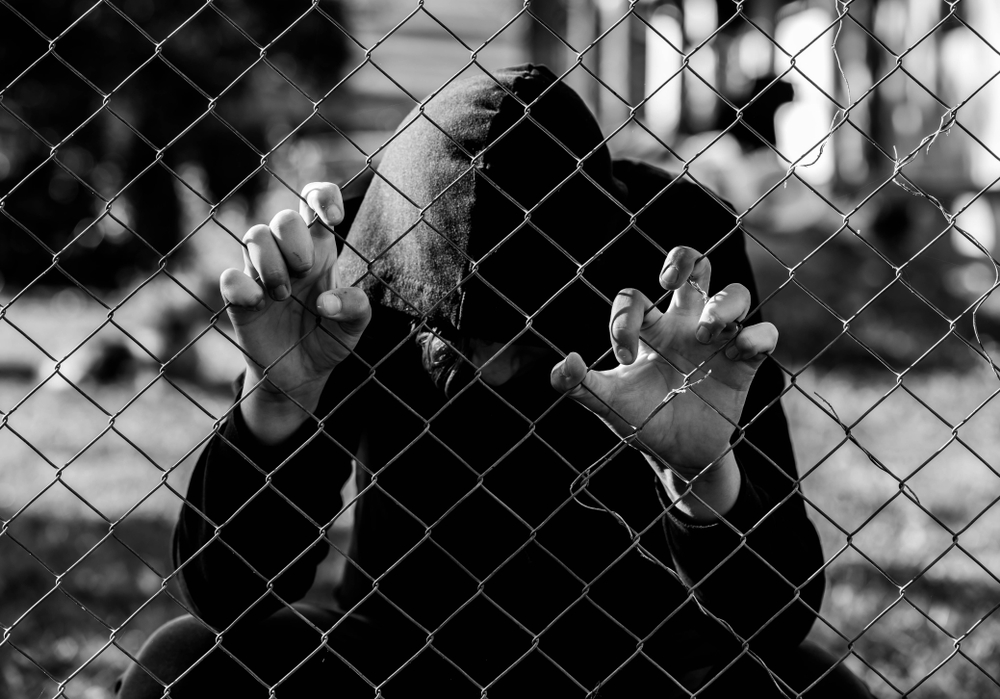Married couples often struggle in their relationships. However, they face significant additional challenges when their child is diagnosed with a serious mental disorder. Children with such conditions often suffer from tantrums and aggression and frequently trigger disruptive situations. These children are stigmatized and isolated in social settings with other children. Moreover, parenting children with mental disorders along with children who do not share a like diagnosis sometimes engenders division among siblings. Indeed, this situation often divides couples regarding attention and treatment and often leads to divorce.
Different Coping Methods
Parents need to obtain the necessary treatment for the child commensurate with the illness as well as take steps to preserve and protect their marriage despite the diagnosis. Dr. Laura Marshak, a marriage counselor and the author of “Married with Special-Needs Children: A Couple’s Guide to Keeping Connected” says that the couple goes through a grieving process due to the diagnosis.
One parent — usually the mom — becomes hyper-driven to helping their child. The other parent might withdraw. This divides the couple at a time when they most need to unify. Both parents must commit to open dialogue and be willing to “normalize” emotions. While it is unreasonable to expect that both parents will respond in the same manner, transparency in communication will ensure that they understand each other’s emotional perspective. The demands of care can further widen the divide.
Again, communication is essential to determine the proper course of care. Dr. Amy Keefer of the Kennedy Krieger Institute believes that one parent often bears the entire burden of a struggling child’s care. This causes further complications in the marriage. In addition to the physical demands of caring for the child, the parents don’t know how to process through the emotional demands.
Strengthening Your Marriage
Experts recommend the following tips to strengthen the bonds of marriage while providing the best care for the child:
- Protect your marriage by ensuring your child’s diagnosis doesn’t crowd it. Dr. Marshak advises devoting at least 20 minutes a day to simply being a couple.
- Obtain a diagnosis you both agree upon and trust. Once you agree that a behavior requires treatment, make sure that you are both active participants in the diagnosis and treatment of the disorder.
- Your marriage — and your child — will fare much better if you are on the same page about limit-setting and discipline. Conflicting signals regarding expectations from parents and other significant adults in their lives enhance anxiety and impulsiveness for children who already struggle with these behaviors. They worry more, act out more and have more tantrums.
- Make sure you both are on the same page regarding treatment and discipline — especially relative to other siblings. When you provide a united front, your child sees consistency, which will be highly conducive to treatment and management of the disorder. Consistency also helps in mitigating disruptive behaviors.
These steps will help improve behavior and empower parents with confidence in their parenting skills, which, in turn, helps reduce stress. And when you, as a couple are stronger together, you help your child, which will motivate and encourage them over the course of their treatment.











0 Comments